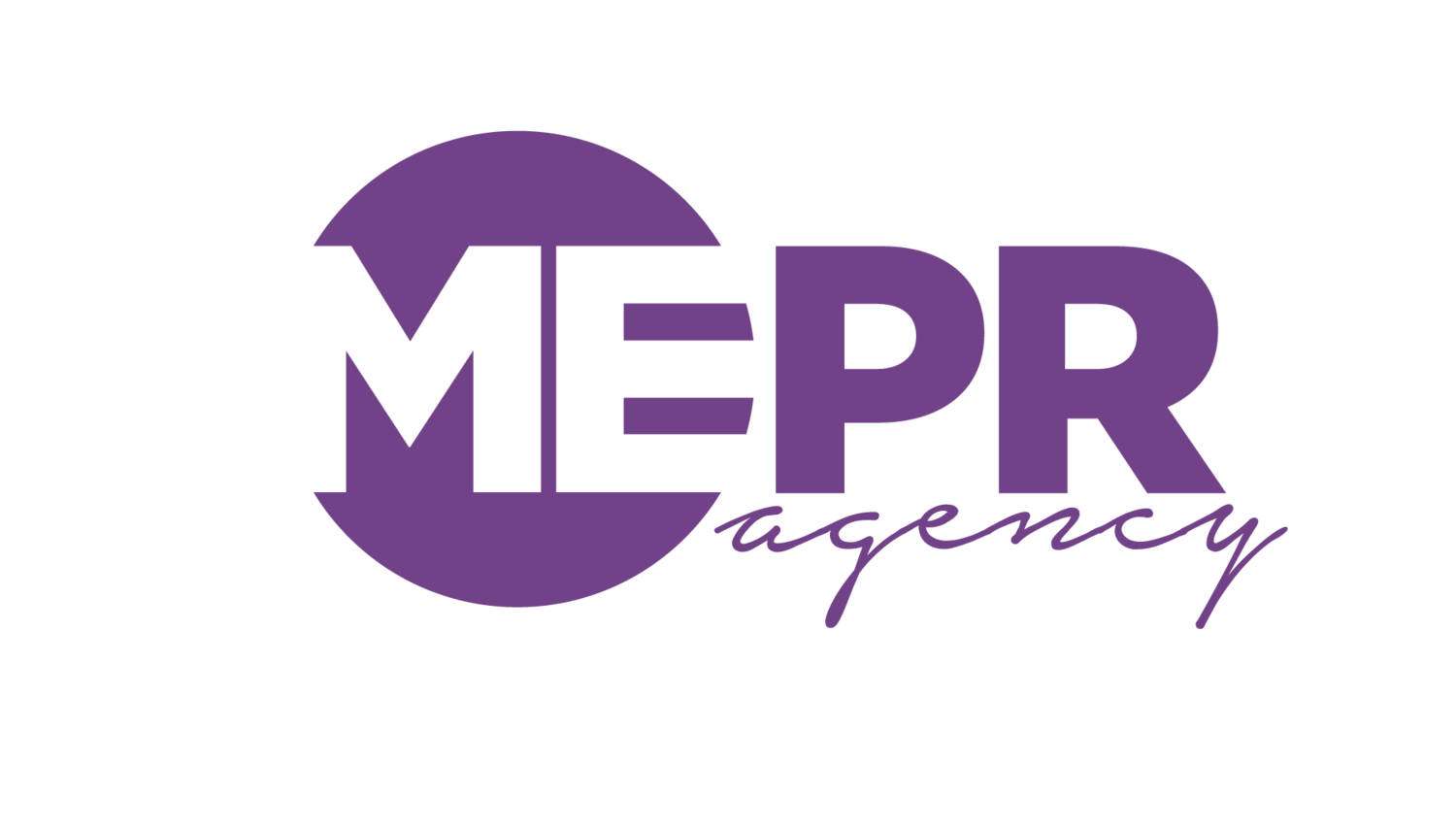Disney’s Zootopia, a Lesson in Multicultural Communication
Disney’s animated film Zootopia is more than a children’s movie; adults, students, and communicators can learn from the underlying messages presented by the entertainment giant.
Zootopia follows the journey of Judy Hopps, a bunny with hopes of joining the police academy as the first rabbit on the force. The police academy is dominated by bigger animals, like tigers and elephants, and no one believes she can do it. After successfully completing her training, Hopps embarks on a journey full of lessons about multicultural interaction:
Avoid offensive terms: On Judy’s first day, and throughout the film, bigger animals refer to her as “cute”. Judy comments that only other bunnies may call bunnies cute, and that it is disrespectful for others to use the term. Despite her best efforts, she is repeatedly discredited and minimized as cute. This example carries two lessons:
- We must be mindful of the impact of our language. Cultural sensitivity requires that we acknowledge another’s culture and make every concession to consider them. Effective preparation includes awareness of acceptable in and out-group behavior.
- We must respect the word choice and preferences of the people we communicate with. This lesson is particularly important in communications about the LGBT community. Gender pronouns are not “progressive” and “cool”. They are genuine pieces of identity that should be respected at all times.
Token characters: Judy is honored with a medal for becoming the first bunny to join the police force. Once she starts the job, however, the chief refuses to give her any real work or responsibilities. Unfortunately, this scenario is not uncommon in many corporations. We must show that we value people for their distinct perspectives and backgrounds. Diversity for the sake of metrics is not inclusion, and underutilizing diverse employees can create inefficiencies.
See the individual: Throughout the film, Judy’s partner is a fox who is repeatedly stereotyped as sly and untrustworthy, no matter what he does. In the end, he proves himself to be an invaluable ally to Judy and helps her solve the case. The criticisms and judgements that he faces throughout the film underscore the importance of communicating with the individual. To be a skilled conversationalist, we have to be keenly aware of our audience and speak without bias. While there are certainly common behaviors and values within groups and cultures, it is important to always recognize the uniqueness each person carries within those groups.
Speak thoughtfully: As pressure increases to solve the case of missing predators, people naturally demand answers. Judy holds a press conference to explain the findings that some predators seem to be going rogue. She comments that it may be “something in their biology”, and the community erupts into a predator-shaming frenzy. This scene is an excellent example of how quickly we can offend another person or group.
As storytellers and communicators, we must give careful thought to our word choices. That is often done by having someone on the team who can “check” you when you are offensive.
To learn more about how your organization can be more culturally sensitive and inclusive, let us help.
Here are a few easy ways we can acknowledge and value our fellow humans:
- Take this bias assessment created by Harvard to identify your own biases.
- Consider cultural celebrations you can engage in, or other ways to learn about a culture's heritage, such as learning more about Black history and the press. Check social media for multicultural events that are happening near you.
- Make an effort to discuss someone’s personal history. Diversity goes beyond race, and hearing more about where people grew up, for example, can provide insight to their behavior and perspectives, even if you share other characteristics.
Does your organization need a diversity and inclusion workshop? What about help with community engagement? Or, are you developing your strategic plan and need to ensure it is culturally sensitive? Contact us today.

